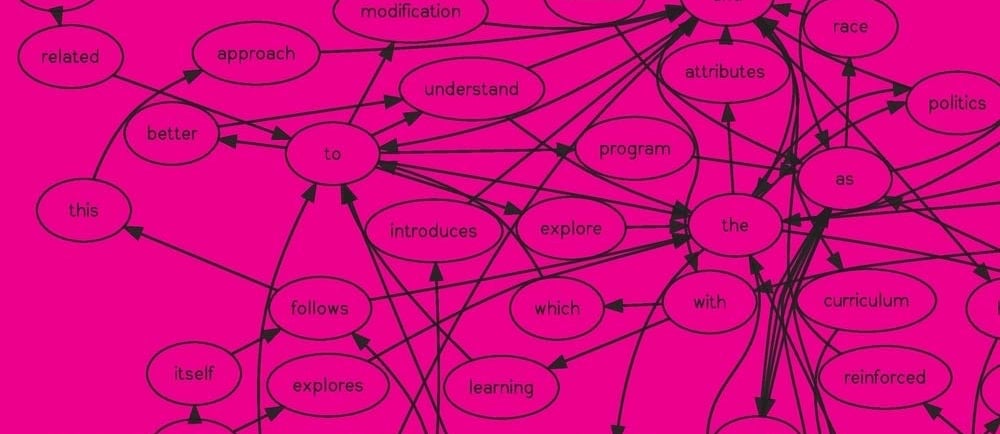Preliminary thoughts, with two examples
The divide between the Humanities and the Sciences cannot be bridged by simply mixing topics and techniques from both these broad areas. Humanists need a completely new framework with which to address both traditional and new issues across the entire spectrum of human experience.
Ronald Robson
8/2/20252 min read


In recent years, academics and non-academics active in the Humanities have made efforts to bridge their interests with the techniques and scopes of the so-called hard sciences. These efforts don't stem from some trendy defense of "interdisciplinarity" (frequently a catchword employed without precision), but from a real need to address new objects with a sensitive eye, so that the subject does not over-define its object.
In the introduction to Six Septembers: Mathematics for the Humanist (Sea Books, 2017), Patrick Juola and Stephen Ramsay write that there is no such thing as “math for poets”, an expression they consider almost as offensive as “logic for girls”. They argue that there is just mathematics in a broader sense, and a humanist who chooses to dedicate themselves to it will need to treat it as mathematicians do. Nevertheless, the authors say: “Our purpose (...) is to impart the concepts that we believe underlie most of the mathematics that you are likely to encounter, and to unfold the notation in a way that completely removes that particular barrier” - i.e., the barrier of a completely strange way of registering concepts in a formal language generally not known by Humanities researchers.
From “logic and proof“ to “differential equations”, Juola and Ramsay do a great job of explaining math concepts without watering down the technical details. One thing needs to be said, however: this is a mathematics book. It may be suited for humanists with no previous training in advanced mathematics (I think it is), but it lacks a more comprehensive view of what humanists do and how mathematics could be situated within that context.
A more balanced approach is found in Aesthetic Programming: A Handbook of Software Studies (Open Humanities Press, 2020) by Winnie Soon and Geoff Cox. Their aim is as follows:
“(...) our intention is for readers to acquire key programming skills in order to read, write and think with, and through, code (and we will return to the issue of literacy later). We feel that it is important to further explore the intersections of technical and conceptual aspects of code in order to reflect deeply on the pervasiveness of computational culture and its social and political effects — from human-machine languages to the abstraction of objects, datafication, and recent developments in automated machine intelligence, for example. In other words, the book embraces both the technical aspects and formal qualities of code as well as opens up imaginaries of code, including acknowledgment of the material conditions of programming practice, the non-human agency of code itself, and its inherent relationality within broader ecologies.”
The authors successfully achieve these objectives throughout the book, a landmark achievement in terms of cultural meditation, technical skills teaching, and the intersection between the “objective” and “subjective”. The authors go on to explicitly highlight the need for a new curriculum for researchers in the Humanities: “We follow the principle that the growing importance of software requires a new kind of cultural thinking, and curriculum, that can account for, and with which to understand better from within, the politics and aesthetics of algorithmic procedures, data processing, and abstracted modeling”.
FLUSSER_project will answer this calling not in a definitive way, yet in a productive and uniquely Brazilian one. There is nothing more humanistic than to consider a strictly “abstract’ and “impersonal” matter from a very precise, and even personal, point of view.
Be in touch: camoensiii57@protonmail.com
